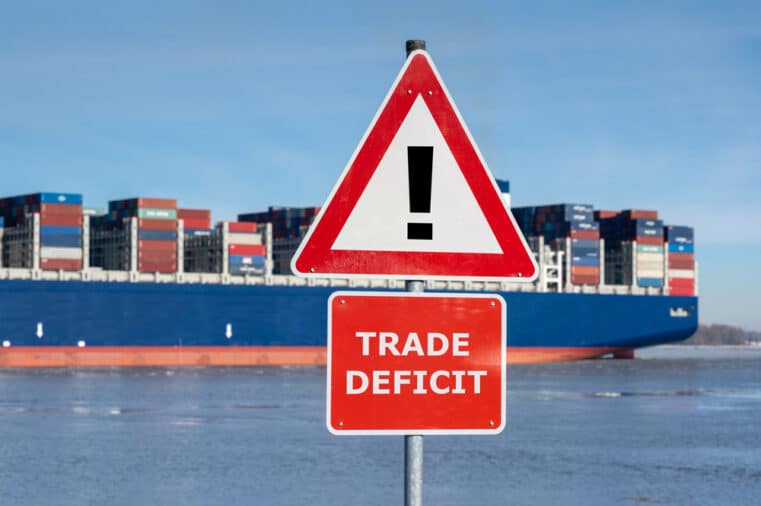
War With North Korea? Brace For Economic Impact!
Tensions with North Korea have escalated to critical levels following the rogue state’s latest ICBM test launch earlier this week.
Unlike previous tests, this one was different, as it demonstrated an advancement in Pyongyang's missile technology, one that places the continental US within reach; potentially as far as Washington DC. The threat of a full-scale war with NK is highly probable, though not yet imminent.
A military conflict on the Korean peninsula will result in a massive loss of life and destruction of infrastructure. This much is certain. But the war’s effect on the US and global economy may be equally destructive, perhaps even more expansive in terms of geography and time.
So what might happen to the global economy should war break out? Here are few things to consider:
US debt levels would skyrocket to the tune of trillions of dollars
In 1952, at the height of the Korean War, the value of US GDP dropped by 80%.
In today’s dollars, that would be equivalent to a drop of $15.5 Trillion!
But a war with North Korea today would not be a repeat of the previous war (bear in mind that the 2003 Gulf War alone cost the US a massive $1 trillion). It would probably be much worse. With a globalized economy, one that’s considerably more interconnected than it was sixty years ago, the spill-over to the global supply chain would be have an exceedingly negative impact.
This would not only increase the potential for a much wider and more prolonged military conflict, our debt levels would skyrocket. And with a current debt-to-GDP ratio of 105.83%, pushing up the Federal debt to finance a war would be disastrous to the US economy.
Global Supply Chains Would Be Disrupted
The US comprises roughly 22% of world’s nominal GDP and 17% of its gross product. As the world’s second largest supplier of goods, any setback to the US economy would reduce a significant amount of the global GDP.
Destruction of South Korea’s physical infrastructure would severely disrupt global supply chains. Consider this: South Korea represents 2% of the global GDP. It produces 40% of the world’s liquid crystal supplies (critical components of digital tech products) and contributes to 17% of the world’s semiconductor market share. Damage to South Korea’s infrastructure would create shortages across the globe, particularly in the semiconductor industry, where it takes roughly two years to build a factory from ground up.
The effects, however, would also spill over to South Korea’s neighbors.
Shipping rates would soar as routes would not only entail greater risk, but many would have to be diverted. Most of the following imports/exports rely on transportation via sea:
- China imports over half of the world’s soybean shipments; they are also the largest importer of rice.
- Japan is also the largest importer of liquefied natural gas, and one of the largest importers of corn.
- South Korea is one of the biggest coal importers and steel exporters.
- All three import a third of the world’s crude oil.
- And all three import 20% of the world’s grain.
Considering the economic decline that would result from this war, it only makes sense to hedge against its negative effects.
There isn’t much you can do with regard to supply shortages or volatile price fluctuations.
Considering the humongous debt load that the US will have to bear in order to finance the war, the value of US dollars may weaken even more.
The only tangible assets that will retain their intrinsic values as sound money are gold and silver. Most Americans seem to know this. But countries around the world and only a handful of US states (most recently Texas) seemed to have acted on it.
Should tensions escalate into full-scale military conflict, don’t get caught with paper assets whose purchasing power will significantly decline. Contact us to learn how to hedge this potentially disastrous event and protect your wealth.














